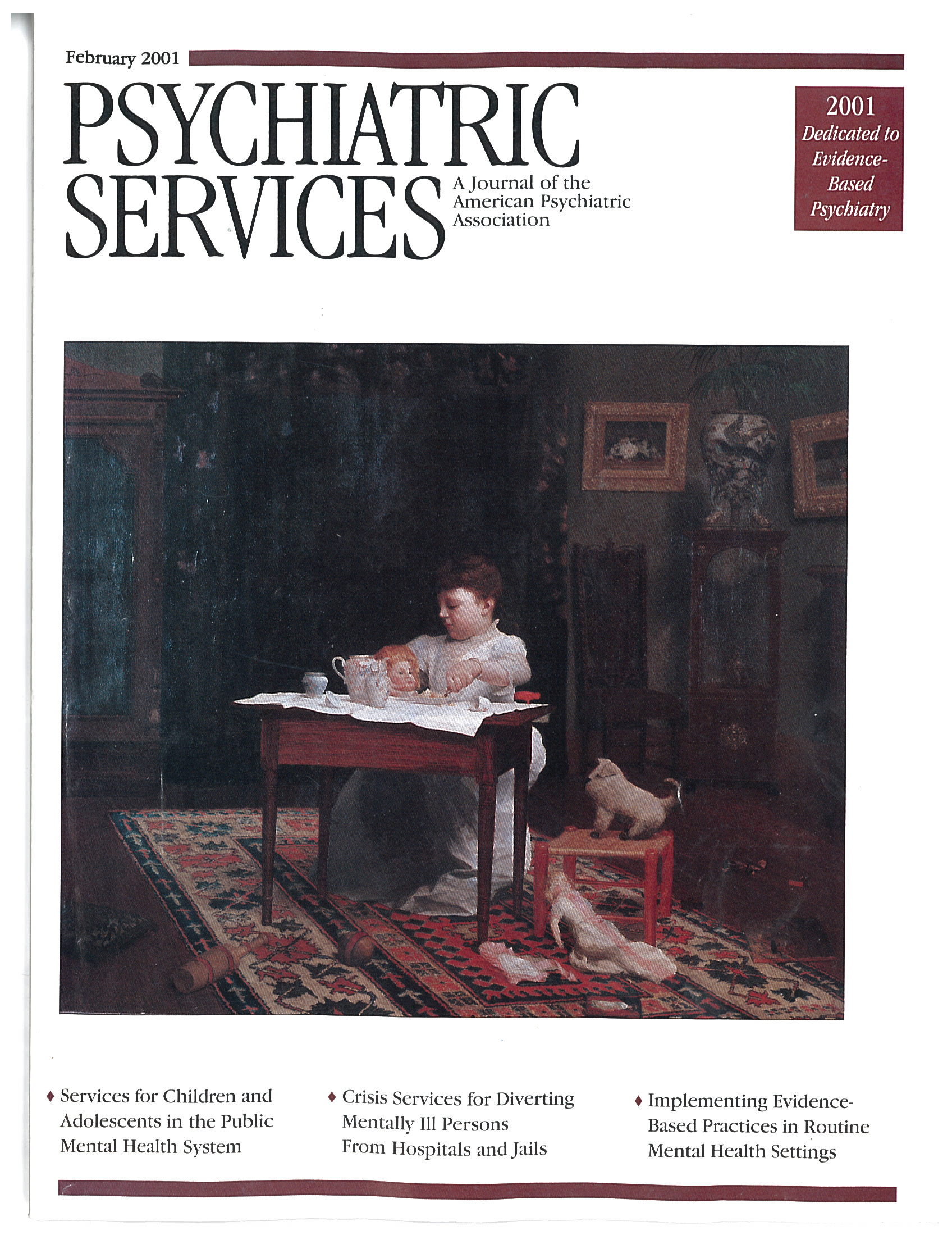Suicidal Ideation and Advance Directives
In Reply: We appreciate Dr. Leeman's comments on our article. First, we apologize if the table was difficult to follow. The data were obtained via a retrospective chart review, and not all information was available on all patients. Admittedly, this is a methodologic failing of a retrospective review of patient care.
More important, Dr. Leeman raises other issues. Whether an elderly person with suicidal ideation should be asked about advanced directives is a vexing question. The law requires that all elderly Medicare beneficiaries be informed on admission to a hospital of their right to pursue advanced directives unless they have been adjudicated incompetent. However, one can question whether this psychotherapeutic course is the proper one to follow. In our setting, the data showed that suicidal ideation affects patients' choice of advance directives. However, as required by Medicare, we continue to ask the question. Clearly, this is an interesting issue for debate.
As Dr. Leeman correctly points out, other factors may also influence choices about advance directives. Our data showed that age was more strongly associated with decision making about advance directives than suicidal ideation or diagnosis.
Ethical questions such as those related to advance directives continue to confront us in psychiatry and medicine. We should take time to debate them, think about them, and work through them with our patients and their families. However, we should do more than debate the issues. We need to obtain better data about end-of-life issues for our elderly population. Although we admit that data from our chart review were incomplete, better answers for our patients can come only from data-driven investigation into ethical problems. The need for such data and for more complete information continues.
Dr. Kettl is chairman and Joyce D. Kales professor of community psychiatry at Pennsylvania State University College of Medicine in Hershey.



